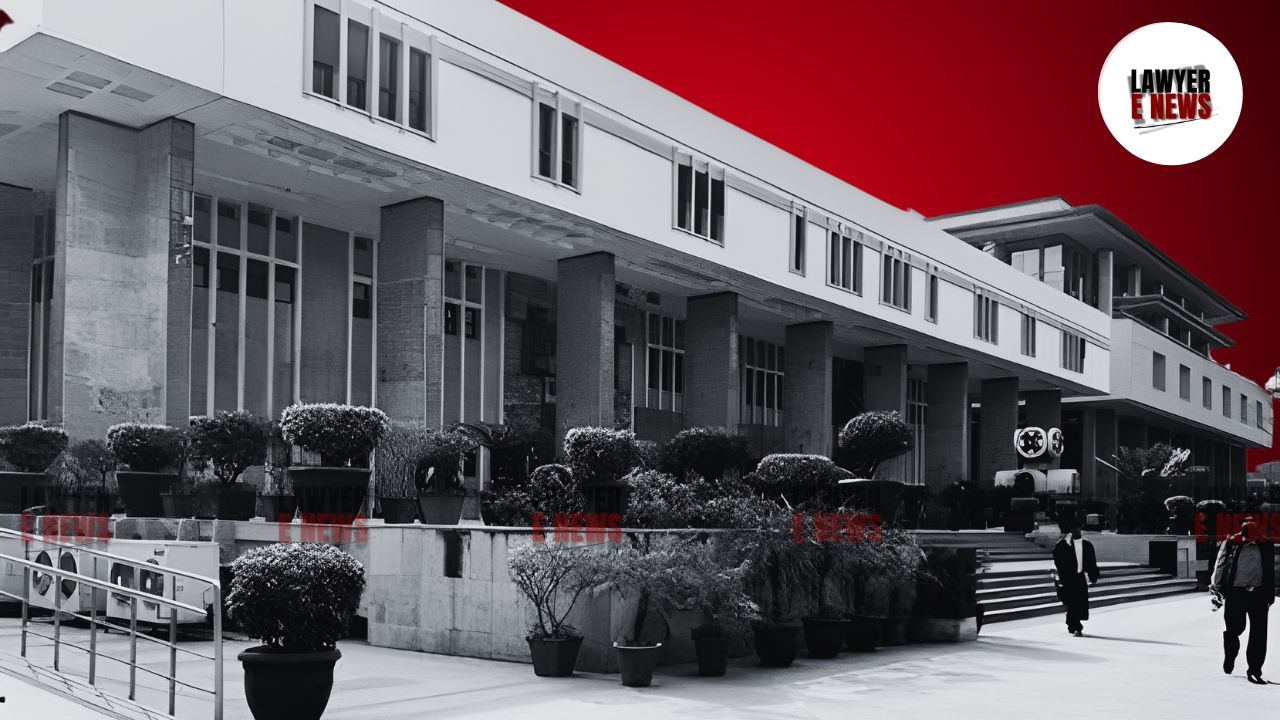-
by Admin
15 February 2026 5:35 AM



Delhi High Court delivered a significant judgment in Cadence Design Systems (India) Private Limited v. Deputy Commissioner of Income Tax, addressing key issues in the domain of transfer pricing under Section 92C of the Income Tax Act, 1961. The Court ruled in favor of Cadence Design Systems, excluding TCS E-Serve International Ltd., TCS E-Serve Ltd., and Infosys BPO Ltd. from the list of comparables used in determining the Arm's Length Price (ALP) for the Assessment Year 2010-11.
The case stemmed from the inclusion of TCS E-Serve International Ltd., TCS E-Serve Ltd., and Infosys BPO Ltd. by the Transfer Pricing Officer (TPO) as comparables for evaluating Cadence Design Systems’ international transactions under transfer pricing regulations. Cadence, a captive service provider engaged in IT and back-office support services, argued that these entities were functionally dissimilar due to their high brand value, large-scale operations, and profitability, and therefore should not be considered for comparability.
The Income Tax Appellate Tribunal (ITAT) had earlier upheld the decision of the TPO and the Dispute Resolution Panel (DRP), leading Cadence to approach the Delhi High Court.
The primary legal issue revolved around whether the ITAT erred in including the three entities as comparables for ALP determination, despite the appellant's argument of functional dissimilarity. Cadence argued that these companies enjoyed a competitive advantage due to their significant brand value and large operations, which were not present in Cadence’s business model.
Functional Dissimilarity and Brand Value: Cadence contended that TCS E-Serve and Infosys BPO had significant brand recognition and operated on a much larger scale, which resulted in higher profitability. These entities had a distinct competitive edge due to their association with major brands (such as Tata and Infosys), which influenced their financial outcomes and made them inappropriate for comparison.
Precedents Set by the Court: The Court referred to previous judgments, including Pr. Commissioner of Income Tax v. BC Management Services Pvt. Ltd., and PCIT v. Evalueserve Sez (Gurgaon) Pvt. Ltd., where similar entities were excluded from comparability on the grounds of brand value and dissimilarity in operations. In Evalueserve Sez, the Court had observed that high brand value and large-scale operations allowed companies to command greater profits, making them unsuitable as comparables for captive service providers like Cadence.
The Delhi High Court, led by Justices Yashwant Varma and Ravinder Dudeja, found merit in Cadence's arguments. The Court noted that the ITAT, in Cadence’s own case for AY 2011-12, had excluded TCS E-Serve and Infosys BPO from the list of comparables. The Court also acknowledged that TCS E-Serve International was excluded by the TPO for AY 2011-12 due to similar functional dissimilarities.
Exclusion of Comparables: TCS E-Serve International Ltd., TCS E-Serve Ltd., and Infosys BPO Ltd. should be excluded from the list of comparables for the purposes of determining the ALP for AY 2010-11, as their high brand value and large-scale operations provided them with advantages that skewed their financial results.
Impact on ALP Determination: The inclusion of such companies in the list of comparables would lead to a distorted and inaccurate determination of the ALP, as these entities operated in a significantly different market environment from Cadence, a captive service provider operating on a cost-plus model.
The Court emphasized that these entities' association with powerful brand names and their large-scale operations allowed them to generate profits that were not representative of the margins expected from a captive service provider like Cadence.
In conclusion, the Delhi High Court allowed the appeal, setting aside the ITAT's ruling and directing the exclusion of TCS E-Serve International Ltd., TCS E-Serve Ltd., and Infosys BPO Ltd. from the list of comparables for the purpose of determining the ALP for the Assessment Year 2010-11.
This ruling serves as an important precedent in transfer pricing cases, reaffirming the principle that comparables must be functionally similar to the entity being evaluated, and entities with high brand value and disproportionate scale of operations should not be considered for ALP determination.
Date of Decision: October 22, 2024
Cadence Design Systems (India) Pvt. Ltd. v. Deputy Commissioner of Income Tax
